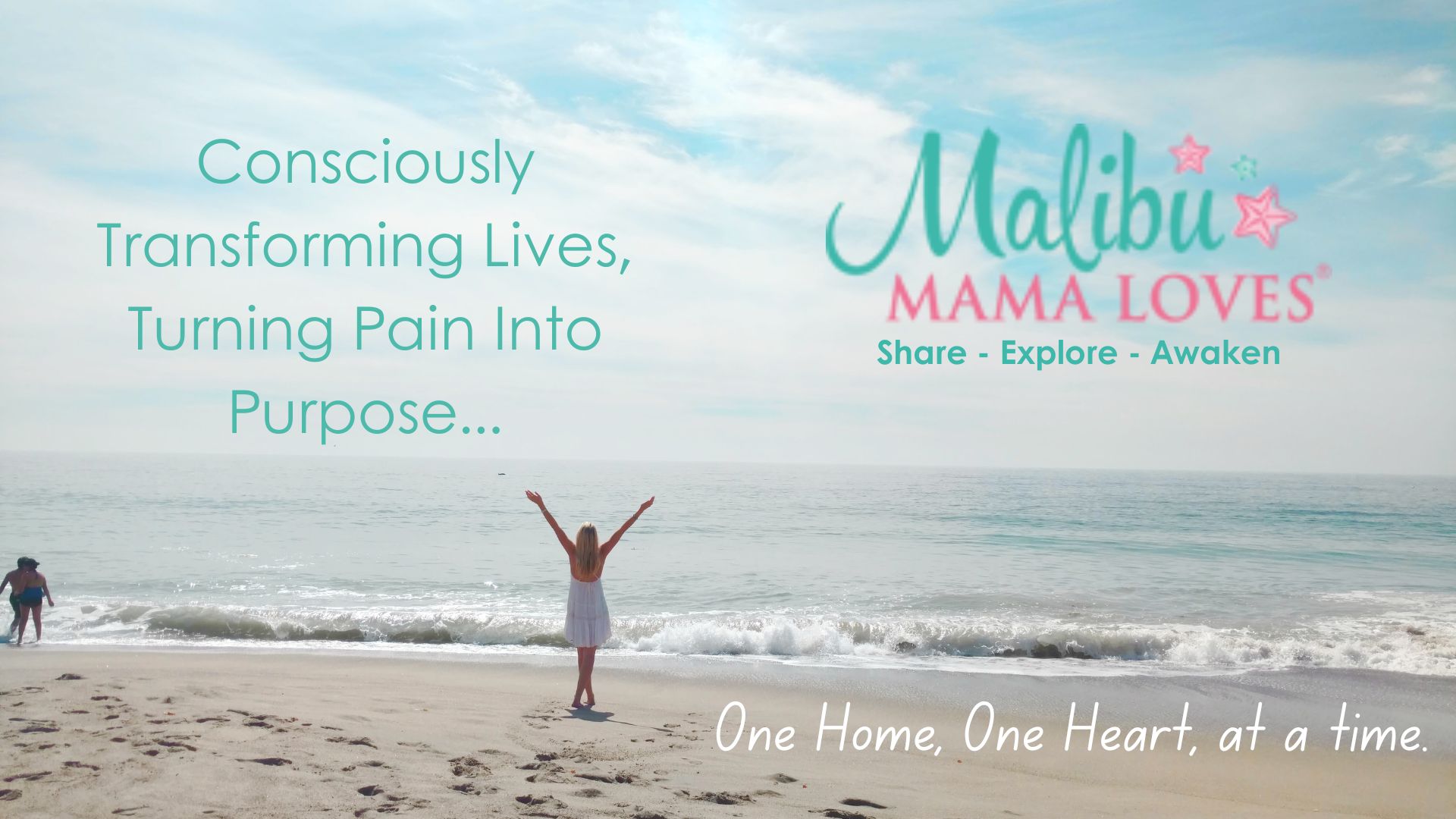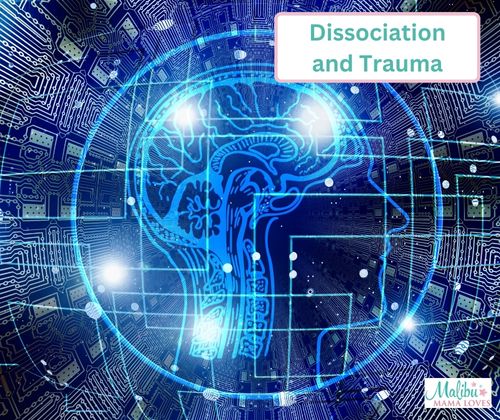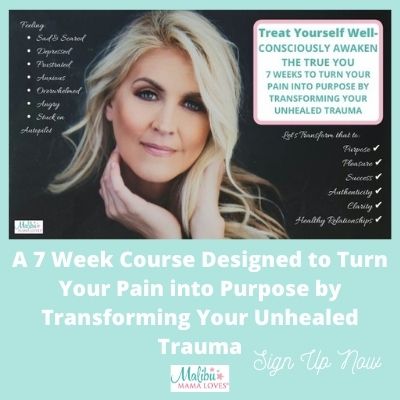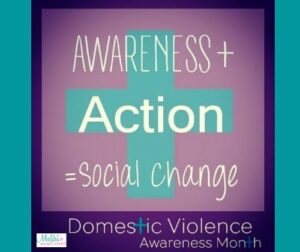Dissociation and Trauma
Have you ever had a bad experience and then try really hard not to think about it afterwards? Our brains, in an effort to protect us, employs one of its most creative and clever coping strategies to help you with this – Dissociation.
What is Dissociation?
Dissociation is when your brain places a mental block between your awareness and parts of your life that feel too scary to face. It is a state of disconnection from the here and now. Dissociation stops you from feeling anything at all. It feels like you are watching yourself as an outsider; our brains can create a safe fantasy world in which we are loved and thriving and it feels so much better than what is really happening.
But the truth is that you can’t go through life always feeling frozen, worried or shut down by your fears, subconscious memories and traumas you may not even be aware are still affecting you.
Almost everyone experiences this at some time and it takes many different forms. It can be as simple as getting so absorbed in a book you lose awareness of your surroundings. Or when driving a familiar route and you arrive without remembering how you got there because you were so deep in thought.
But for people with a history of trauma, dissociation keeps our brains in survival mode. Keep reading to find out why.
Dissociation & Trauma
We are not designed to endure a constant state of fear and still be able to function well. So our brains spring into survival mode to protect us by mentally blocking our physical awareness of a situation.
We have talked about the Fight, Flight, Freeze or Fawn mode functions of our reptilian brain. The freeze mode is where Dissociation lives.
You may experience it for a short time while something traumatic is happening. You could possibly have learned to dissociate as a way of coping with stressful experiences and when the stress or trauma turns long-term, dissociation can become a way of life and eventually cause problems for people who have been hurt – especially as children. A child may look like they are ok on the outside, but constant dissociation as a means of survival follows them into adult life often interfering with the life they want to have when the abuse or traumas are no longer ongoing in the present.
Likewise, an adult experiencing long-term trauma may dissociate and suddenly find years have gone by where they have not been able to face the trauma that has been controlling them and stealing their life away without them being fully aware of it. Long-term dissociation eventually becomes an automatic response, not a choice.
Sadly, even though dissociation is a way for our brains to block the awareness of pain, it can also STOP the path to healing. This coping mechanism also interferes with forming secure relationships and connections. It can prevent one from developing these relationships or even being present in them. So let’s take a look at what it really is; perhaps we can also see what healing looks like.
What Does Dissociation Look Like?
When dissociation has become a way of life, we can’t just outgrow it. We need to address it. Often times, people are not even aware they are living this way, while their words and actions tell a different story. Here are several signs that someone is living in a dissociated state:
- When a person opens up to someone they don’t know or trust sharing their most traumatic experiences without emotion or seeming connected to the story. Like they are talking about someone else but it is them!
- Using drugs, alcohol, cutting, food, pornography or other forms of self-injurious behavior to continue to not be present with their feelings.
- A person smells, hears or feels something that triggers them and suddenly they are inside of a flashback that feels very, very real.
- When having an argument with someone, but one person begins yelling, often times the dissociative person will just check out, stop responding, make comments that have nothing to do with the argument or just goes silent.
The amazing thing is, once we are aware of it, once we have brought this issue to our consciousness, we must face it and reconnect with our worlds. This was something that took me years to heal in myself. I was high functioning and totally disconnected, I learned to dissociate as a young child and became a master at it.
And no one ever knew. Not even me.
If any of this sounds familiar, I urge you to take my Unhealed Trauma Quiz – click here to find it – and start your path to healing, which begins with awareness. This quiz is designed to help you understand yourself better. On my healing journey I learned so many things I never knew about myself and you will too.
Please don’t go through it alone, contact me here and let’s get your healing journey started ASAP!!
You are sooo worth it.
Malibu Mama Loves Xx



 Hi There! Let's Share ✩ Explore ✩ Awaken together! I’m a Mama, published author, biohacker, and trauma-informed life coach raising conscious kids who truly appreciate our world through travel. Welcome to the Malibu Mama Loves Conscious Living Lifestyle!
Hi There! Let's Share ✩ Explore ✩ Awaken together! I’m a Mama, published author, biohacker, and trauma-informed life coach raising conscious kids who truly appreciate our world through travel. Welcome to the Malibu Mama Loves Conscious Living Lifestyle!




 Ready To Turn Your Trauma Pain Into Purpose? Join Our FREE Masterclass Click
Ready To Turn Your Trauma Pain Into Purpose? Join Our FREE Masterclass Click 


